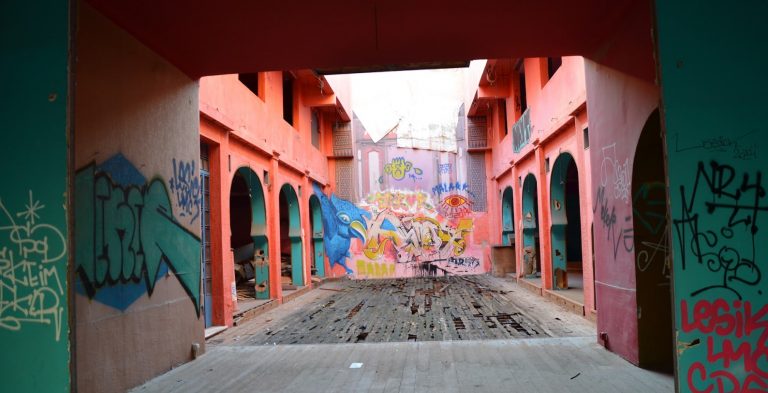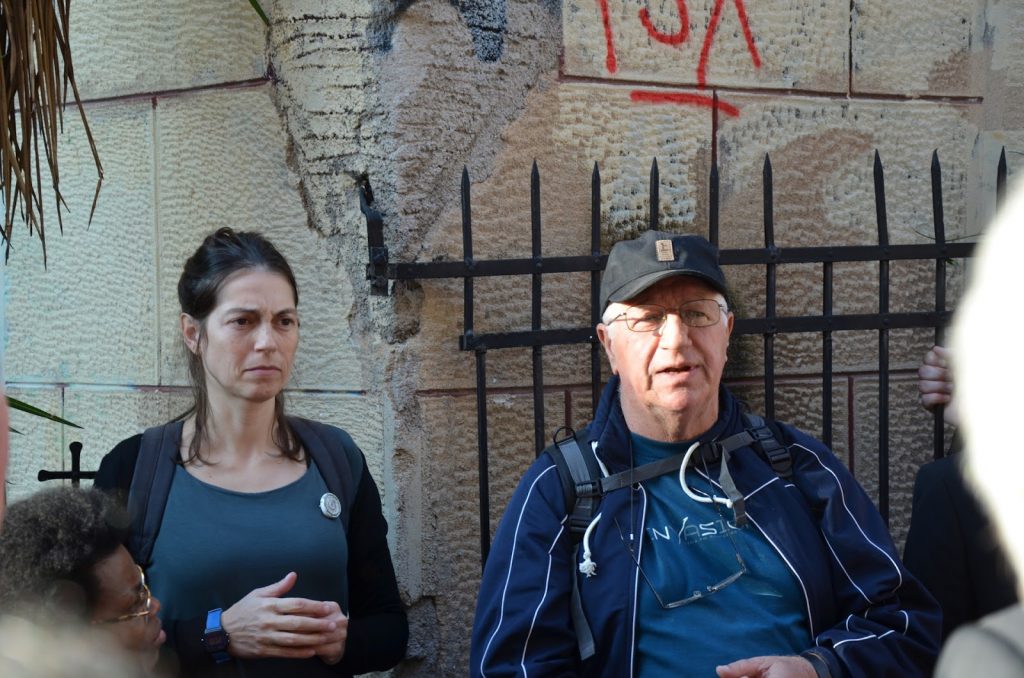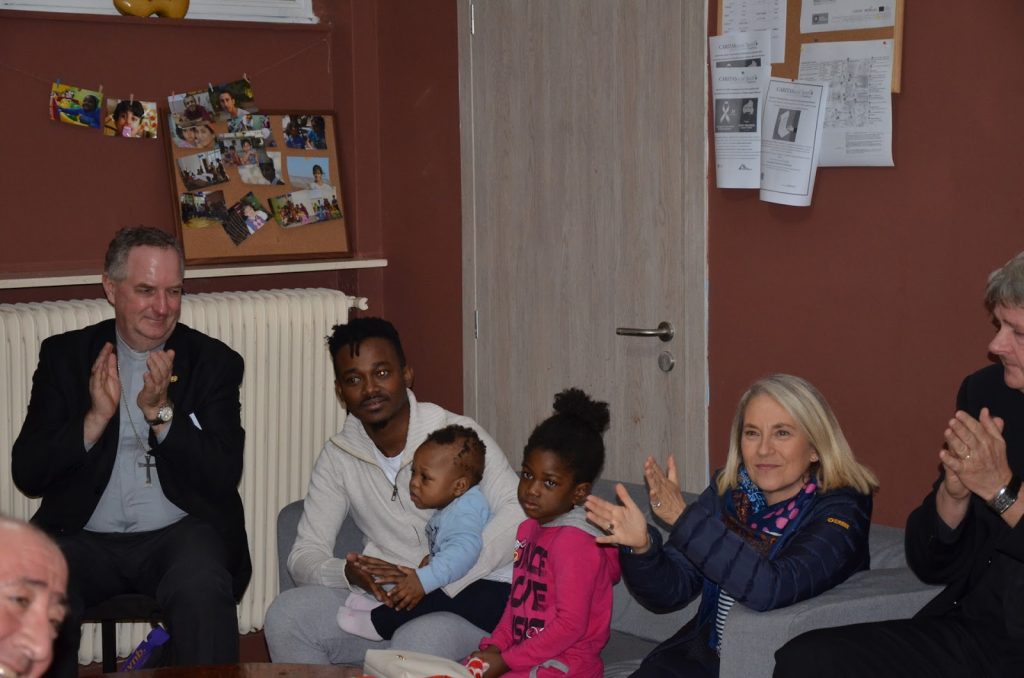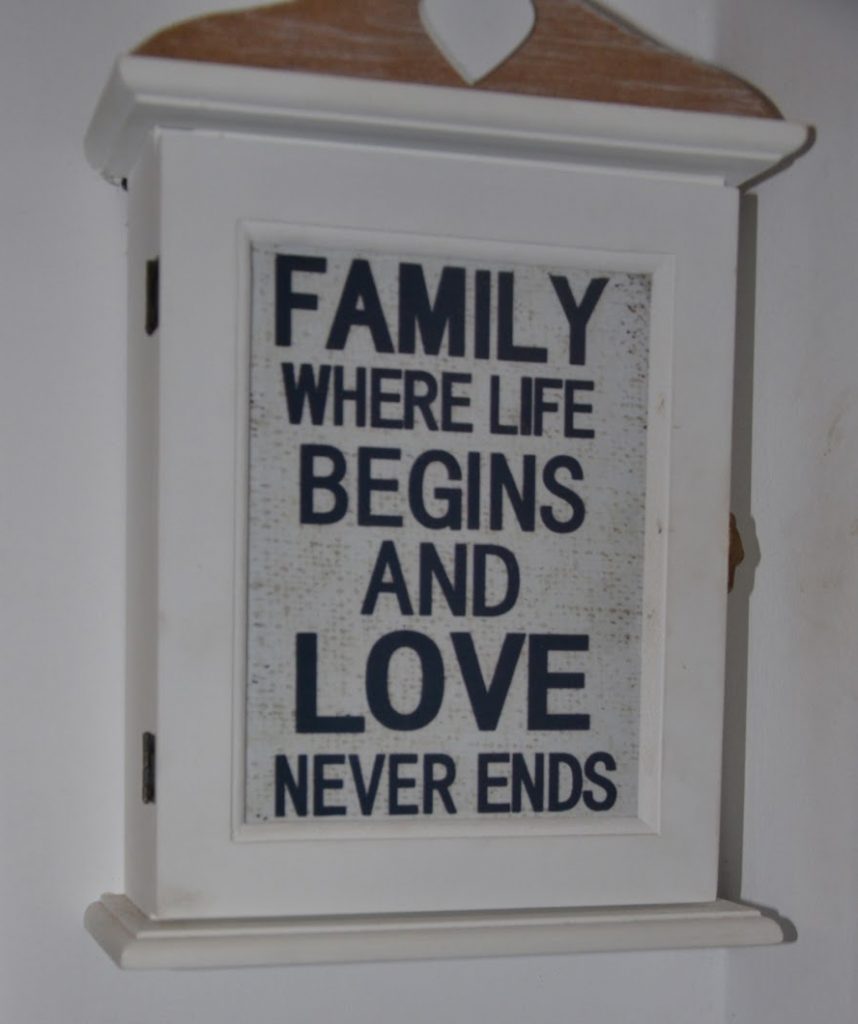
The meeting of the CCEE National Directors and partners for Migration took place in Athens at the end of November. The meeting focused on the theme: “The Local community as a model of welcoming and integration in Europe”.
While attending the meeting of the Migration Commission of the CCEE we had the chance to come into contact with the local initiatives that integrate migrants but also marginalized people in the community.
 We first met Michalis, born in 1957. He studied aeronautics in the US during the Greek economic boom and then he went back to Greece. The latest economic crisis took everything from him: Work, family and dignity. He found himself living on the street with all his belonging in 6 boxes stored in a friend’s warehouse. We walked with him through Athens and he shared his life story of hope with us. While experiencing the down peak of his life he met “Shedia”, the Greek street newspaper. They run different projects to help people who are facing the challenge of being homeless or socially excluded. We walked with Michalis in the so-called Invisible tour through the backstreets of Athens. The tour took us to visit many important social and solidarity organizations of the Greek capital, but the richest part of the visit was definitely the effect that sharing his personal story brought to him and to all of us. In “Shedia”, the homeless become tourist guides in a very different type of city walk. They sell the newspaper to earn something for the day. Many personal stories through which to communicate their own experience of homeless life and share information about the changing face of poor and socially excluded, and the challenges faced by solidarity organisations that are again at the forefront of the battle against poverty and social exclusion, in an attempt to safeguard individual and collective dignity.
We first met Michalis, born in 1957. He studied aeronautics in the US during the Greek economic boom and then he went back to Greece. The latest economic crisis took everything from him: Work, family and dignity. He found himself living on the street with all his belonging in 6 boxes stored in a friend’s warehouse. We walked with him through Athens and he shared his life story of hope with us. While experiencing the down peak of his life he met “Shedia”, the Greek street newspaper. They run different projects to help people who are facing the challenge of being homeless or socially excluded. We walked with Michalis in the so-called Invisible tour through the backstreets of Athens. The tour took us to visit many important social and solidarity organizations of the Greek capital, but the richest part of the visit was definitely the effect that sharing his personal story brought to him and to all of us. In “Shedia”, the homeless become tourist guides in a very different type of city walk. They sell the newspaper to earn something for the day. Many personal stories through which to communicate their own experience of homeless life and share information about the changing face of poor and socially excluded, and the challenges faced by solidarity organisations that are again at the forefront of the battle against poverty and social exclusion, in an attempt to safeguard individual and collective dignity.
It is a lesson about life in a place that used to shine and that has been ‘’hurt’’ by the recent historical events, where initiatives of social grassroots solidarity movements are flourishing.
 Another stop of the day was the visit to the premises of the Armenian Catholic Ordinariate where refugees are received, managed by Mgr Hovsep Bezazian, Apostolic Administrator of the Armenian Catholics in Greece.
Another stop of the day was the visit to the premises of the Armenian Catholic Ordinariate where refugees are received, managed by Mgr Hovsep Bezazian, Apostolic Administrator of the Armenian Catholics in Greece.
At the Social House in the Neos Kosmos district, which offers long-term and short-term accommodation, we met families and people who are waiting to be granted refugee status whilst also hoping to rejoin relatives living in other countries or to continue their journey of hope to other destinations. Volunteers have shared with us the activities they organize to live as a pulsating community where everyone has a role and everyone is welcome. They stressed how the flow of solidarity is not interrupted, and how in fact many families who have passed there have then begun their path of integration in Greece, and these return from time to time to help the community.
The last stage was dedicated to the projects managed by the Pope John XXIII community.  We met Fabiola and Filippo, an Italian couple. Five years ago, they left their settled lives to follow the mission. They arrived in Greece with 3 young children and others in the foster house and little by little they began to integrate, to study Greek and study the system to better respond to the needs of the people who require help. They follow two main projects: The Bethlehem Hut, a home for the homeless where they can spend the night and chat with others, and the Family Home of Divine Providence. They run this family home where they host and follow unaccompanied minors who arrive in Europe as refugees. They also dedicated part of the family home to refugees families with small children who are waiting to receive refugee status or to move to other countries in Europe.
We met Fabiola and Filippo, an Italian couple. Five years ago, they left their settled lives to follow the mission. They arrived in Greece with 3 young children and others in the foster house and little by little they began to integrate, to study Greek and study the system to better respond to the needs of the people who require help. They follow two main projects: The Bethlehem Hut, a home for the homeless where they can spend the night and chat with others, and the Family Home of Divine Providence. They run this family home where they host and follow unaccompanied minors who arrive in Europe as refugees. They also dedicated part of the family home to refugees families with small children who are waiting to receive refugee status or to move to other countries in Europe.
These initiatives show us how solidarity initiatives are the beating heart of our society and help us to reflect on how to live fully on the framework of the 4 Universal Apostolic Preferences. We thank the Greek organization and the CCEE for allowing us to live in such a short time such significant and meaningful experiences of a society in continuous movement. These are examples of solidarity that often remain closed in the local dimension but that we have decided to share to inspire other communities and realities to take action.
By Eleonora Vitale
Photo credits: Father Florin Sescu

